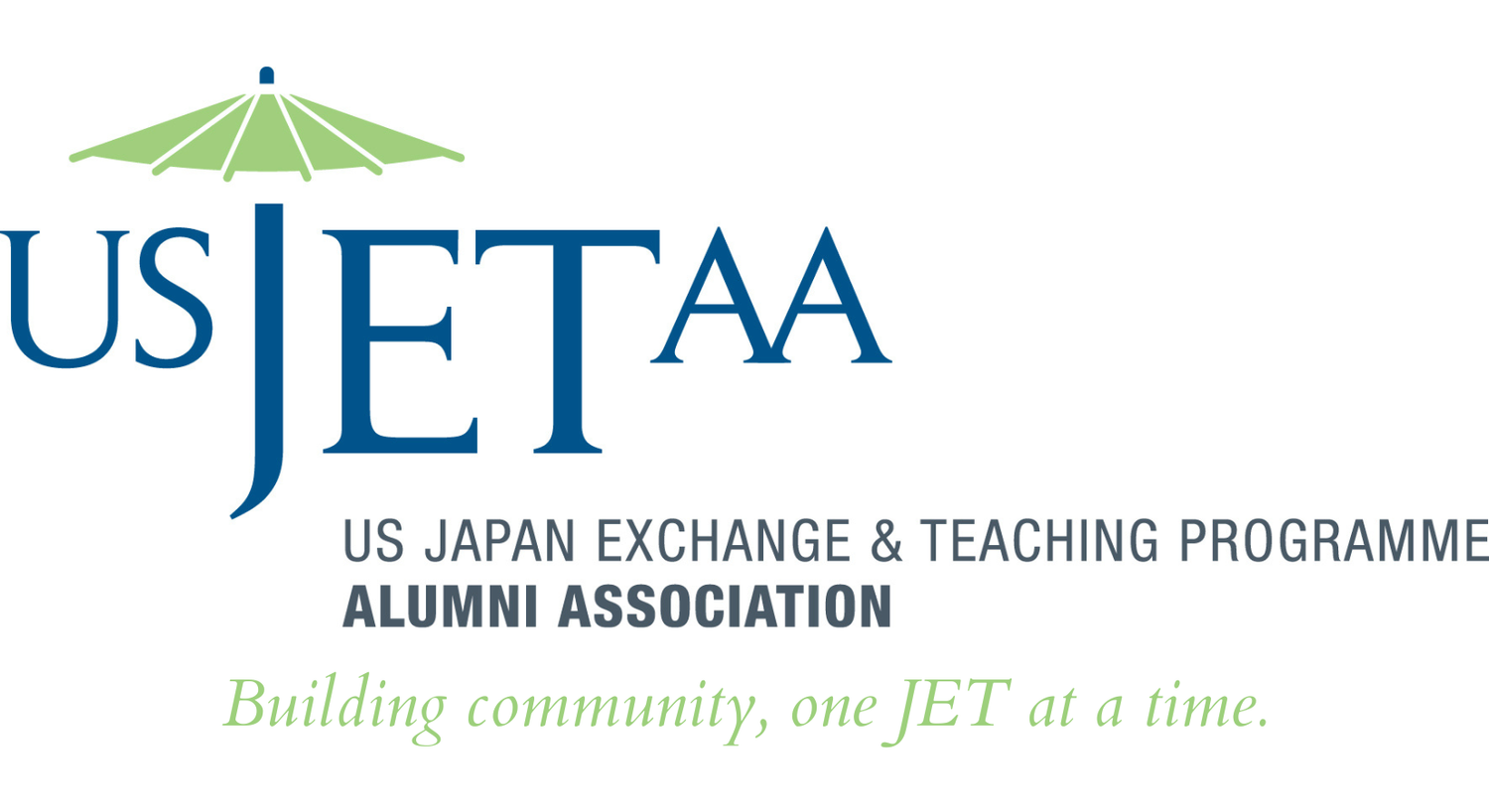Japan Matters For America: Japanese Students Face Barriers to Study in the United States
“My English isn’t good enough.”
“I need to be home my junior year for corporate head hunters to offer me a post-graduation job.”
“I don’t care to leave Japan.”
These are a few of the rationales I’ve heard as a recruiter for a Midwestern university for why Japanese students don’t want to study in the United States. As a former English teacher through the Japan Exchange and Teaching (JET) Program—an initiative of the Japanese government importing native English speakers to Japanese classrooms—I was optimistic my familiarity with the language and educational system would enable me to entice Japanese students to come study at my university. Tuition is relatively affordable, the location is highly livable, and studying abroad is the experience of a lifetime. However, I soon discovered optimism and a ready list of selling points weren’t enough to overcome entrenched barriers for students to leave Japan for college. . .
About the Author:
Dustin Dye is the Transfer & Agreement Project Manager at the University of Missouri-Kansas City. He was an Assistant Language Teacher through the Japan Exchange and Teaching Program from 2008 to 2011 in Akaiwa, Okayama.
This article is part of a guest-contributor partnership between the East-West Center in Washington and USJETAA in which former JET participants contribute articles relating to their experiences in Japan.

